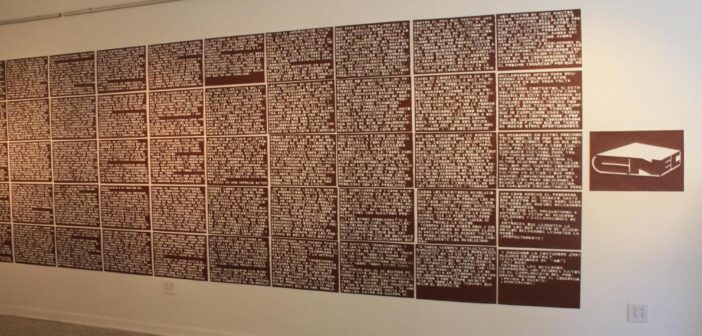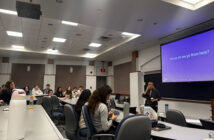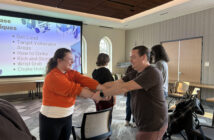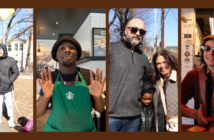Given the rise of political activism in Cuba, Gerardo Muñoz, Lehigh professor in the Department of Modern Languages and Literature, has organized a lecture series entitled “Firing Line,” that gives Cuban artists space to discuss and express their activism through different art forms and open up a dialogue with community members.
The San Isidro Movement is protesting the oppressive regime in Cuba through a campaign called “27N Movements.” The movement began on Nov. 27 and consists mainly of artists, musicians, journalists and academics.
Many of the participating artists in the lecture series have been directly involved in this campaign to demand more autonomy from the Cuban government.
The series is in partnership with Columna Cultural, a channel run by Cuban artists that features Cuban art. This virtual series opened on Jan. 22 and has been running every three weeks since.
Elena Molina, founder and director of the Arhaus Residency in Havana and editor of Columna Cultural, has been assisting in organizing the event and bringing it to Cuba.
“Just by existing, [Columna Cultural] is already challenging the state’s control,” Molina said. “Firing Line goes along with the strategy of continuously talking about art, making art independently and sharing it with international communities of artists to challenge state control.”
Muñoz said the purpose of the lecture series is to connect the Lehigh community to a new generation of Cuban visual artists.
“They are re-imagining and putting out a very serious sort of artistic practice that people outside of the Cuban art scene should be aware of and enjoy,” Muñoz said.
So far there have been five speakers: the Mujercitos Collective, Camila Ramirez Lobón, Hamlet Lavastida, Reynier Novo and Raychel Carrión. Each video has around 1,500 views from both Cuban residents and the Lehigh community. The series aims to show how activism comes in diverse forms and promotes the creativity of young leading activists from Cuba.
The series allows artists to speak about their work away from the high temperature political environment of their home country.
“We wanted to go back to art and talk about that, putting politics on the side and not allowing the government to make everything about ideology and politics,” Molina said. “There’s a lot of opportunity to talk about the contact and reality with politics, economy and the present time.”
Muñoz and Molina both said they have missed connecting with the community. With many of the lectures being in Spanish, it is tailored to a very specific audience.
However, they said they are working on making these discussions more accessible to draw in a broader audience by translating them into a publication.
Muñoz and Molina both said the best part of the series is that it is centered around art, something that goes beyond language barriers. In the distressing time of a pandemic sharing art can re-inspire creative beings.
Carlos Aguilera, a writer from Prague, said he chose to attend the series “to see some of the best contemporary Cuban artists, who not only construct art that crosses the political, testimonial and historical archive in equal parts, but also have a position of commitment to Cuban civil society.”
“Each artist draws a space in their own way, from their own thinking and doing,” Aguilera said. “Listening to them – and trying to understand what they are doing and why—can help us have a more complete look at what is happening in Cuba today and develop our own strategies for reflection.”
Veronica Brownstone, a Ph.D student at the University of Pennsylvania, said her enthusiasm to attend the series stemmed from the fact that Latin American studies discussions like this are few and far between.
“The series asks us to listen to young people and their artistic practices,” Brownstone said. “I think this is where our eyes and ears should be when it comes to the horizon of Cuban culture.”
The series will continue until June 10. It will feature artists Leandro Feal, Lester Álvarez, Celia Gonzalez and Juan Miguel Pozo.






Comment policy
Comments posted to The Brown and White website are reviewed by a moderator before being approved. Incendiary speech or harassing language, including comments targeted at individuals, may be deemed unacceptable and not published. Spam and other soliciting will also be declined.
The Brown and White also reserves the right to not publish entirely anonymous comments.